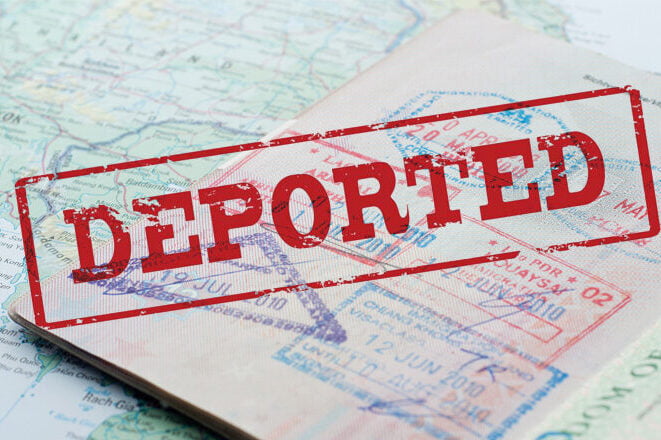Falling victim to a scam can be a frustrating and financially detrimental experience, so it is essential to know the steps to take if you are scammed while traveling in Turkey. It is also important to know the common types of scams in Turkey and how to avoid them. If you are scammed in Turkey, the first step is to contact the local police and report the incident. The police will take note of the scam and may investigate the situation to try to locate the responsible parties. It is crucial to provide as much information as possible about the scam and the people involved, such as their names and physical descriptions, and any evidence you may have.
It is also important to contact your embassy or consulate, who can provide advice and assistance, and can also help contact local authorities on your behalf. They can also help you with a translator, a lawyer or even financial help if needed. If you have been the victim of a scam that involves the loss of money, it is important to contact your bank or credit card company as soon as possible to report unauthorized transactions and have the cards blocked or cancelled. This will prevent further unauthorized use of your cards. You should also let your travel insurance provider know if the scam caused any financial loss and if you took any necessary action.
Now let’s talk about a few common types of scams that foreigners may encounter in Turkey: The “Friendly Stranger” scam: This scam involves a seemingly friendly person offering help to a foreign tourist for directions, currency exchange or other types of assistance. The person then takes advantage of the tourist by overcharging them or stealing their money or belongings. To avoid this scam, it is important to be wary of strangers offering help and to use official money changers or ATMs rather than exchanging money with individuals on the street.
The “Free Tour” Scam: This scam involves a person or group offering a free tour of a city or attraction, but then tricking tourists into buying overpriced goods or services or giving away a significant tip. To avoid this scam, it is important to be careful with free tours and research and book tours in advance through reputable tour operators.
The “fake police” scam: This scam involves people posing as police officers asking for money or personal documents, claiming that the foreign tourist has done something wrong. The “helpful stranger” scam: This scam involves a seemingly friendly person who offers to help a foreign tourist with directions, currency exchange, or other services. The person then takes advantage of the tourist by overcharging them or stealing their money or personal belongings. To avoid this scam, it is important to be careful with foreigners offering help, and to use official exchange offices or ATMs instead of exchanging money with people on the street.
The “Free Ride” Scam: This scam involves a person or group offering a free tour of a city or attraction, but then pressuring tourists to buy products or overpriced services or that they give a large tip. To avoid this scam, it is important to be wary of free tours and research and book tours in advance from reputable tour operators.
The “Fake Police” Scam: This scam involves individuals posing as police officers asking for money or personal documents, claiming that the foreign tourist has done something wrong. To avoid this scam, it’s important to know that real cops won’t ask for money or personal documents, and if you’re not sure a person is a real cop, you can ask to see their identity card. identity or badge. Also, if you are arrested by the police, you have the right to call your consulate or embassy for assistance.
The “overpriced taxi” scam: This scam involves taxi drivers who overcharge tourists by taking them on a longer route or using a doctored meter. To avoid this scam, it is important to research approximate taxi fares in advance and agree on the fare before getting into the taxi. He is






